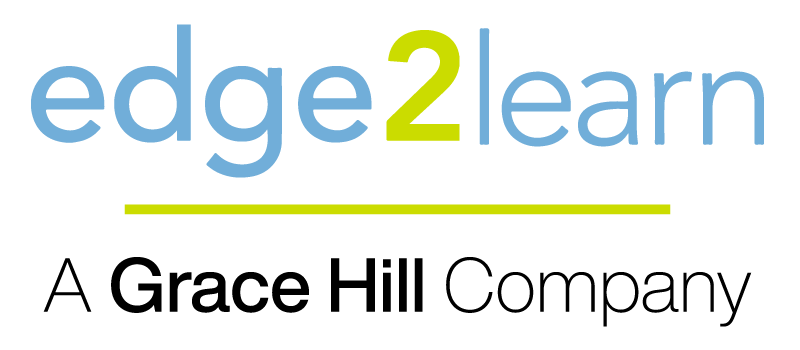If you are someone who works specifically within the Low Income Housing Tax Credit (LIHTC) area of the multifamily housing industry, you know firsthand how stressful it can be to remember all the rules and regulations. However, we wanted to take some time to appreciate the positive aspects of LIHTC. After all, you are in the special position of providing housing to the people who most need your help. Let’s explore some of the most frequently asked questions regarding LIHTC housing.
- What’s going on with COVID waivers?
The pandemic has brought about all kinds of changes to multifamily with eviction moratoriums, waivers, and allowances. At this time, all of that is finished and we’re back in regular business for LIHTC housing compliance. There were some allowances around recertifications at the Federal level, but each state agency is also handling things as they determined appropriate. As of October 1, 2021, all recertifications need to be completed and Housing Finance Agencies (HFA) will be inspecting. Be sure you’re caught up and ready before December 31, 2021.
- What do I need to know for year end 2021?
We are back to doing full LIHTC housing compliance recertifications, so be sure all monthly recertifications are completed by year-end! HFA’s are once again monitoring for LIHTC housing compliance effective September 30, 2021. If you don’t know the last time you were inspected by your state agency, be sure to look it up so you’ll have that information. If it was 3 years ago, your turn is coming up soon, so be sure you have everything in order. Any vacant units need to be turned and made market-ready. You will also need to be sure you’re up to date on your online reporting. The best way you can ensure you are ready is through self-auditing, self-discovering, and self-correcting any non-compliance. If you can do this prior to your audit letter, it won’t be reportable.
- What’s the riskiest non-compliance?
The riskiest LIHTC non-compliance isn’t specific to one applicant or file. Instead, it’s around issues that affect multiple units or even all units on the property. This includes rents, incomes, and utility allowances. LIHTC housing compliance audits reveal that the use of the wrong rental limits or income limits, or miscalculating (or failing to update) a utility allowance leads to the most egregious non-compliance issues as they can cause issues on all of your units.
- How can I help my staff do a good job?
Your staff should know what they need to do and why they need to do it! They need support in order to be successful. The best way to provide this is through training and education. Be sure to inspect what you expect from your team so you can acknowledge a job well done. Make yourself part of the team so you understand what is being done and so you can provide appropriate support in reaching your LIHTC housing compliance goals.
- I feel like I’m missing something…what is it?
We all feel like we’re missing something from time to time, but this is actually a great way to make sure you’re up to date. One of the easiest ways to slip out of compliance is to feel like you already know it all and to not leave room to re-evaluate yourself. Be open to looking for new ways to do things and new solutions for LIHTC housing compliance.
Contributed by:

President and CEO, Karen Graham Consulting
Read more like this from Edge2Learn
Click here to access additional Leasing Training Resources
Edge2Learn is an eLearning company whose focus is the Property Management Industry and specializes in property management training and multifamily education. With almost 40 years of experience and a commitment to increase industry excellence, we are passionate about engaging learners to maximize benefits for both companies and employees. Aligned with a well-respected industry leader, Ellis, Partners in Management Solutions, the Edge2Learn platform provides a turnkey solution for clearly identified needs and opportunities. We prepare learners to deliver a superior customer experience and reduce corporate liability risks and overall employee turnover.



